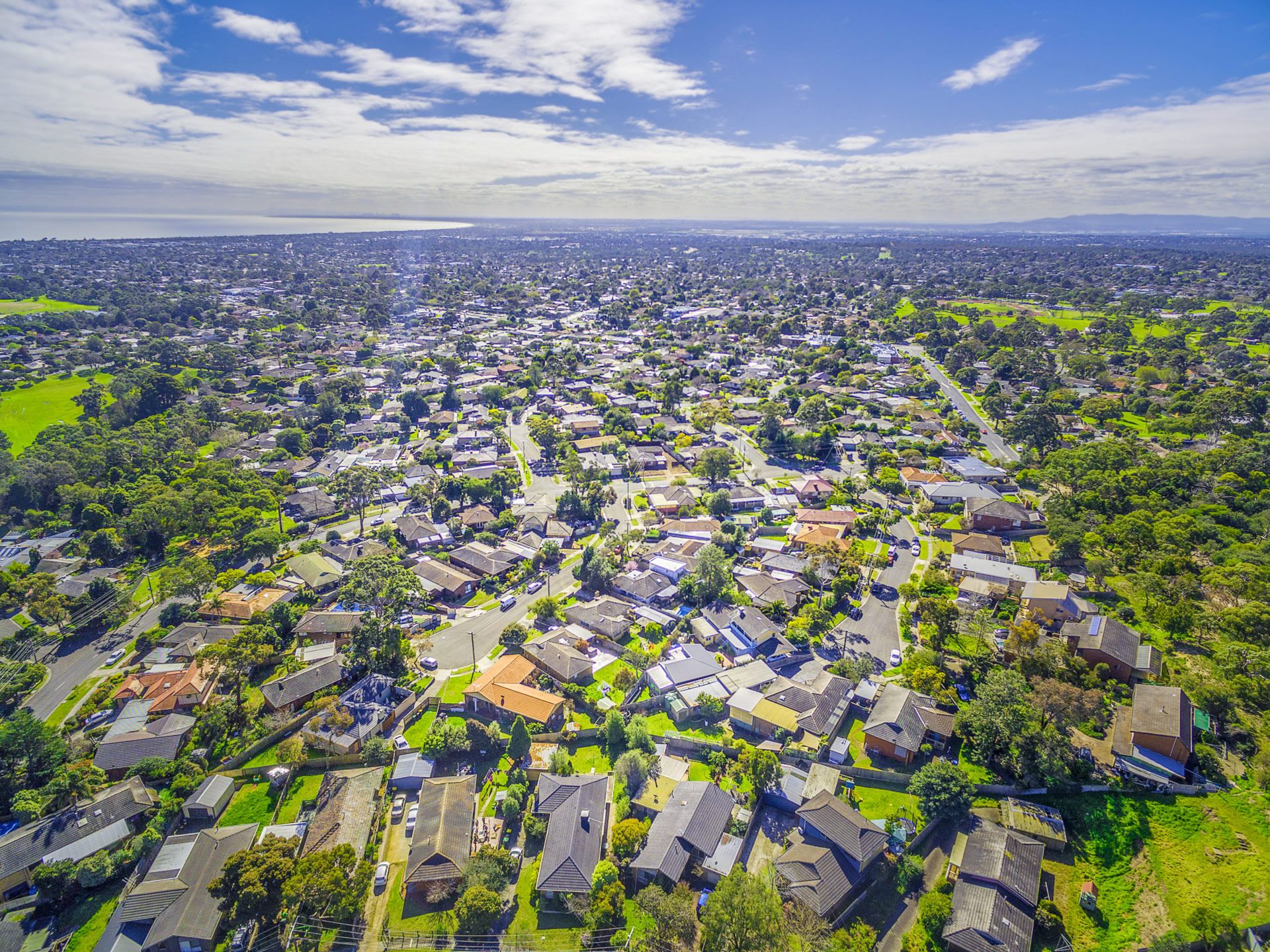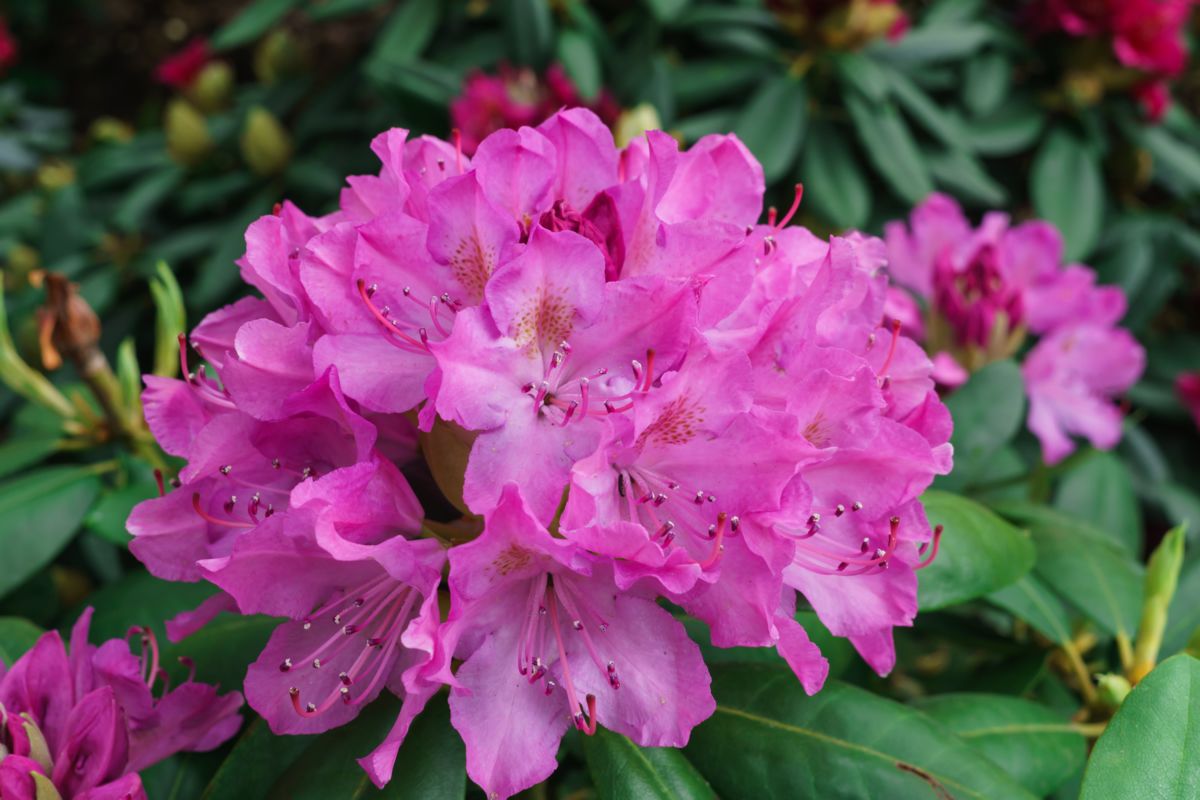Suburbia
Or, living that dirty word.

There’s something about suburbia that sets the artists’ skin crawling – the expanses of homogeny that taunts us to believe that everyone who lives there is the same, that the lives within must be quiet, settled and somewhat boring. To the government, the suburbs are sources of taxes. To the conglomerates, mere consumers or perhaps even just eyeballs.
My suburban home is situated in a place of hills and trees. In this fair Springtime, it sparkles under blue skies with bright pink rhododendrons flirting with me through my window. When I venture out beyond the parameters of my home, my fellow citizens are walking with dogs, jogging, smiling, talking, seemingly healthy.

I came back from the country for a short visit that has since been extended and then extended again. My teenagers need me. One of them actually asked me to parent them. Like, out loud. Who could resist it? It was a siren call to all of the mothering that had been put on hold while I was in the country.
Absence must then truly make the heart grow fonder. Even in a teenager.
At first, the transition was shocking. The traffic was horrendous. The next-door neighbour, who moved in while I was away, turned out to be a loud talker. My cats made me sneeze. All of the appliances beeped at me. The weeds had overtaken the garden; the silverbeet shoulder high. And the house. Let’s just say that the house needed cleaning. My husband, bless, had made so much effort – clean sheets and a sparkling kitchen awaited my arrival. But the lower-level grime, it was there, lurking, and the neat freak within me sprang into action.
Cleaning and mothering united. There was much cooking. The washing machine didn’t stop for a week. But I completely stopped writing. I watched myself from afar, stepping back into this rhythm, turning up in this world as some sort of anti-feminist with a hygiene degree from the 1950s. But I didn’t hate myself. I saw tentacles of nurturing having an effect on those around me. And I saw my actions as the work of love.
But then it hit me. The downturn, it happened. The sense that this suburban life is a nothingness and that I must do better, try harder, transcend this. Become something other. “Don’t get too comfortable,” said a voice of my past, the voice that is informed by the sneering tones of artists who shun suburbia and live some other adventurous reality, beyond these fenced dimensions. Like my favourite Australian writer, Charmian Clift, who wrote:
“Sprawl is one of our pressing problems. By far the greatest number of urban Australians want – actively desire – their own acres of ground. They have no particular liking for laminated architecture or cheek by jowl living.
Each demands his own private dominion, however small, of lawns, flower gardens, borders, hedges and shrubs, probably a barbeque pit, possibly a plaster gnome or frog, sometimes a patio, occasionally a swimming pool, often now even a tree or two. And fenced in of course. We seem to like to be fenced in. There must be a division, however narrow, between us and our neighbour.”
This quote comes from the essay ‘The Creeping Towers’ from Trouble in Lotus Land, a collection of essays that Clift wrote between 1964 and 1967. The very same could be said of Australians today.
Over the past 25 years, the housing market in this country went mad. According to Aussie Home Loans, between 1993 and 2018, the median house value rose by 412 percent, or $459,900. That’s a lot of coin. To that we add a pandemic buying frenzy, where property prices increased by a further 25 percent.
This means that thousands more people converted themselves into slaves to their mortgage, or made their indenture bigger and longer. Untold numbers of people were left on the sidelines while the boomers cashed in, including young people desperate to carve out a piece of suburbia for themselves. There are warnings in the media that the prices may tumble. So perhaps the young people will have a chance after all.
Meanwhile, thousands of families across regional Victoria and NSW battle to save their piece of Australia, with floods ruining homes, crops and livelihoods. This land of flooding plains has chosen to live up to its reputation. The paddocks are lakes and the roads are appalling. The water has left behind giant potholes and cliff-like edges that are not safe, even for giant utes and SUVs.
So it all muddies within me. I dwell in a gap between the selfish and the collective. I possess an artistic desire to live something other, some kind of adventure. And I face the harsh reality that this suburban oasis that I live in is somewhat of a pinnacle. There are so many people who would give anything to have this home right now.
“Get real,” said the voice and I agreed with it. "Your privilege is showing," and I agreed with that too.
In these instances of confusion and self-doubt, I know that the place to return to is gratitude. I must remember to count my blessings. To notice the soft carpet underfoot, the curl of my cat next to my feet as I’m sleeping, the joy of the connection I share with my family.
I must remember to be thankful for this.
So I’ll venture out into the sunshine again. I’m going to cook silverbeet. And I’m going to do more cleaning. I’ll potentially ruminate and it’s unlikely I’ll come up with any answers. Time will run through my fingers. And I’ll post this, a tiny blog from the edge of nothingness, a voice from suburbia, seeking.

